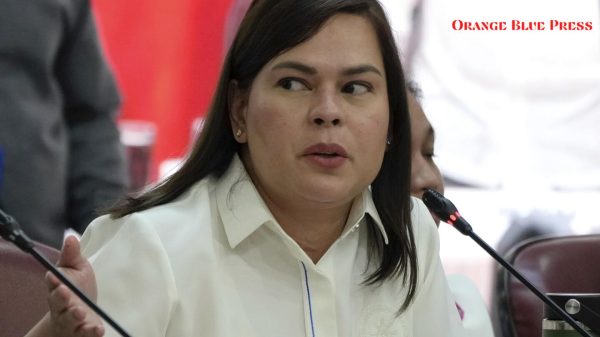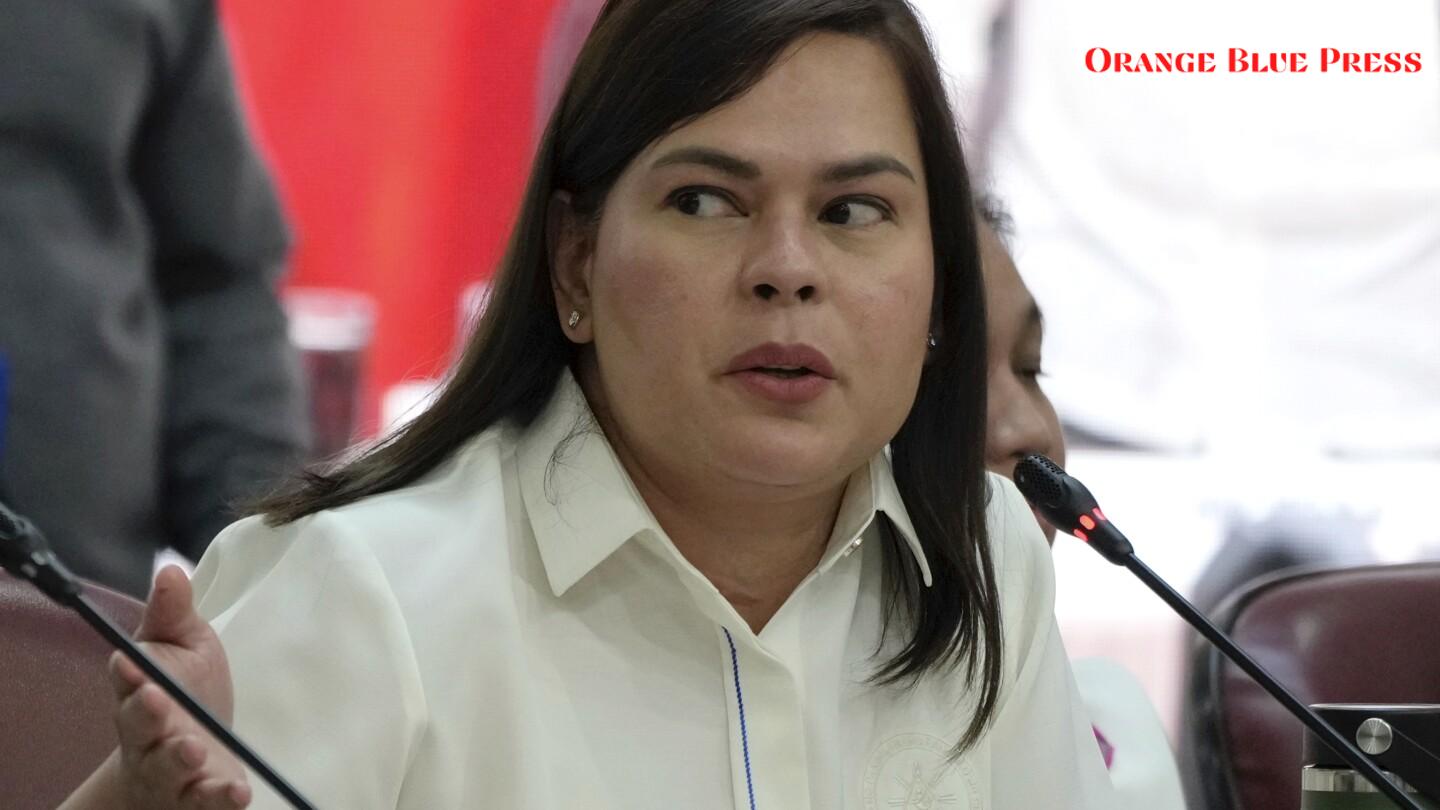On May 3, 2024, the political scene in the Philippines took a dramatic turn when Vice President Sara Duterte was impeached by the House of Representatives. The impeachment complaint contains serious allegations, including accusations of plotting to assassinate President Ferdinand Marcos Jr., engaging in corruption, and failing to adequately respond to Chinese actions in the South China Sea. This development has intensified political tensions in the country and drawn comparisons to past impeachment crises.
What Led to the Impeachment?
The impeachment against Vice President Duterte gained momentum when at least 215 House legislators signed the impeachment complaint. This overwhelming support exceeded the number needed to move the case to the Senate for a trial, highlighting the deep political rift within the Philippine government. The accusations outlined in the complaint are grave and suggest a deliberate attempt to undermine the Marcos administration. Among the most alarming claims are those pertaining to a supposed assassination plot against the president, which has generated widespread public concern.
Key Allegations Against Duterte
The allegations against Duterte are multifaceted and troubling. They include:
- Accusations of plotting an assassination against President Marcos Jr.
- Involvement in large-scale corruption involving millions of pesos in public funds.
- Failure to adequately condemn China’s aggressive actions in the South China Sea.
These points not only raise questions about Duterte’s conduct in office but also about the integrity and governance of the current administration.
Political Fallout and Reactions
The impeachment has not only divided lawmakers but also ignited public debates about political accountability in the Philippines. Many observers compare this scandal to the high-profile impeachment trial of President Joseph Estrada in 2001, which led to significant unrest and turmoil in the country. Duterte’s brother, Paolo Duterte, has publicly denounced the impeachment as a politically motivated act of persecution, suggesting that it stems from internal conflicts within the ruling party.
The Role of the Senate
The Senate will serve as the impeachment court, and it is scheduled to begin its proceedings after reopening on June 2, 2024. Senate President Francis Escudero has stated that a special session for earlier proceedings is not legally feasible, which means the impeachment trial will take place under full public scrutiny in a politically charged atmosphere. Ensuring a fair trial that maintains credibility will be crucial to the legitimacy of the process.
Historical Context and Implications
Impeachment is a serious matter in any political landscape, and in the Philippines, it can have wide-ranging implications. This current situation recalls the tumultuous history of Philippine politics, where impeachment trials have often led to significant changes in leadership and policy direction. Given that prominent figures, including President Marcos Jr.’s son and cousin, have signed the impeachment complaint, it becomes evident that the stakes are incredibly high for all involved. This unfolding drama will likely shape the political landscape for years to come, as citizens closely watch the proceedings and their outcomes.




















